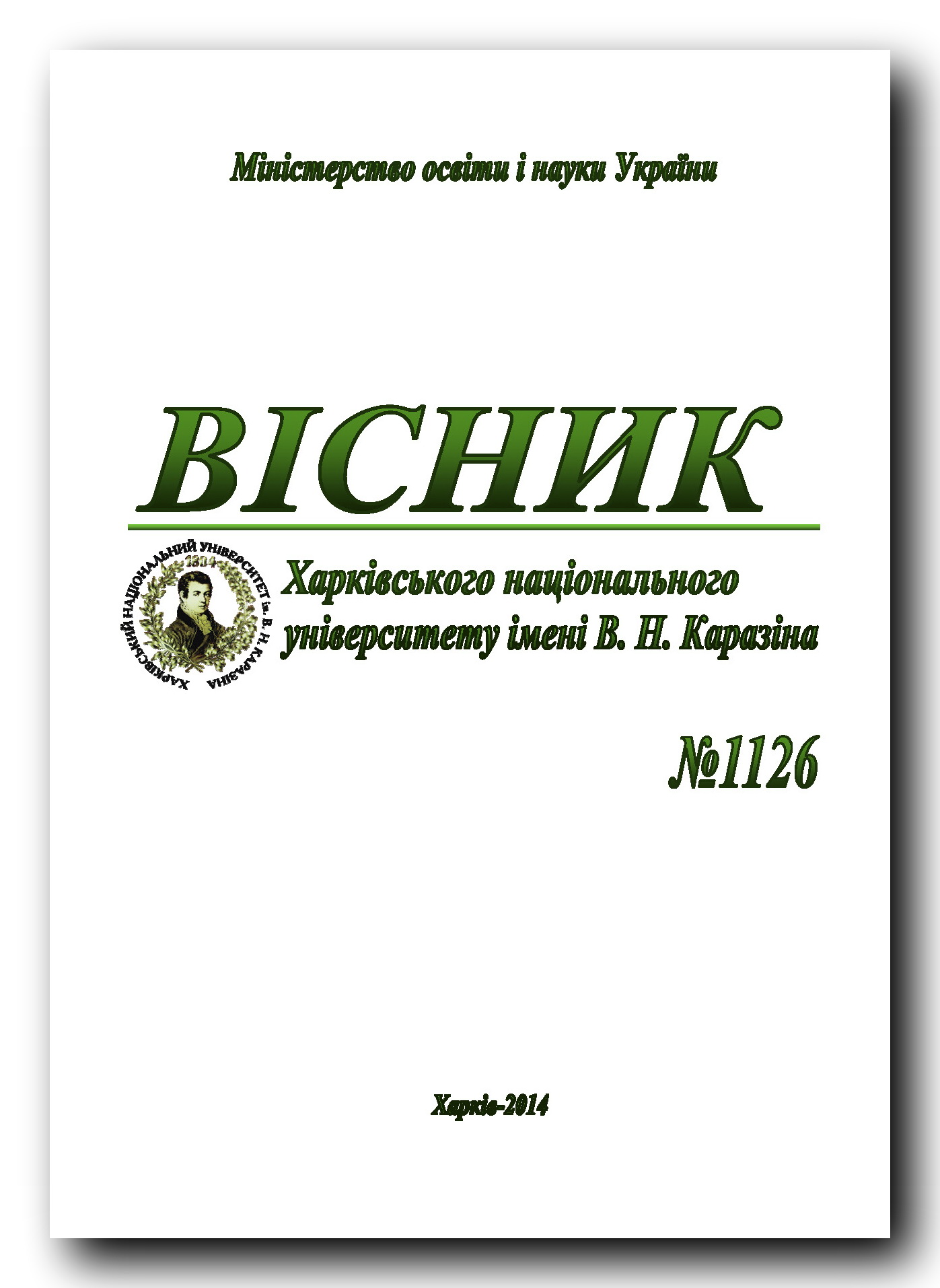Analysis of methodological problems in research on the genetics of behavior in Ukraine
Abstract
The analysis of the problems associated with the peculiarities of the formation and work with a population sample in research in the field of human behavior genetics in Ukraine was done. In the absence of the material promotion psychogenealogical information collection efficiency is 23% of all individuals involved during the trial. Collection efficiency of psychometric material is 15–84 % of the total content of the tests used. Higher collection efficiency of the material was observed in females (67%) compared to males (33%). Collection efficiency for the genetic analysis in the related pairs was quantitatively organized in a following way: "mother–daughter" > "mother–son"> "father–daughter" > "father–son".
Downloads
References
Филипцова О.В. Популяционно-генетический анализ поведенческих признаков: опыт изучения населения Украины. Дисс... д-ра биол. наук / 03.00.15. – К., 2009. – 341с. /Filiptsova O.V. Populatsionno-geneticheskiy analis povedencheskikh priznakov: opyt izucheniya naseleniya Ukrainy. Diss. d-ra biol. nauk / 03.00.15. – K., 2009. – 341s./
Fu X., Tora J., Kendall H. Marital happiness and inter-racial marriage: A study in a multi-ethnic community in Hawaii // Journal of Comparative Family Studies. – 2001. – Vol.32, Is.1. – P. 47–60.
Gaines S.O., Agnew C.R. Relationship maintenance in intercultural couples: An interdependence analysis // In D.J.Canary (Ed) and M.Dainton (Ed). Maintaining relationships through communication: relational, contextual, and cultural variations. – NJ: Lawrence Erlbaum Associates, Publishers. 2003. – P. 231–253.
Gil-White F.J. The study of ethnicity and nationalism needs better categories: clearing up the confusions that result from blurring analytic and lay concepts // Journal of Bioeconomics. – 2006. – Vol.7, Is.3. – P. 239–270.
Gosling S.D., Vazire S., Srivastava S., John O.P. Should we trust web-based studies? A comparative analysis of six preconceptions about Internet questionnaires // Am. Psychol. – 2004. – Vol.59, No.2. – P. 93–104.
Kendler K., Myers J., Prescott C., Neale M. The genetic epidemiology of irrational fears and phobias in men // Arch. Gen. Psychiatry. – 2001. – Vol.58. – P. 257–265.
Kessler R.C., Aguilar-Gaxiola S., Alonso J. et al. The global burden of mental disorders: an update from the WHO World Mental Health (WMH) surveys // Epidemiol Psichiatr Soc. – 2009. – Vol.18, No.1. – P. 23–33.
Snowdon D.A., Kemper S.J., Mortimer J.A. et al. Linguistic ability in early life and cognitive function and Alzheimer's disease in late life: Findings From the Nun Study // JAMA. – 1996. – Vol.275, Is.7. – P. 528–532.
Snowdon D.A., Ostwald S.K., Kane R.L. Education, survival, and independence in elderly Catholic sisters, 1936–1988 // American Journal of Epidemiology. – 1989. – Vol.130, №5. – P. 999–1012.
Taylor S., Thordarson D.S., Jang K.L., Asmundson G.J.G. Genetic and environmental origins of health anxiety: a twin study // World Psychiatry. – 2006. – Vol.5, №1. – P. 47–50.
Webb C.P., Bromet E.J., Gluzman S. et al. Epidemiology of heavy alcohol use in Ukraine: findings from the world mental health survey // Alcohol Alcohol. – 2005. – Vol.40, №4. – P. 327–335.
Authors retain copyright of their work and grant the journal the right of its first publication under the terms of the Creative Commons Attribution License 4.0 International (CC BY 4.0), that allows others to share the work with an acknowledgement of the work's authorship.




